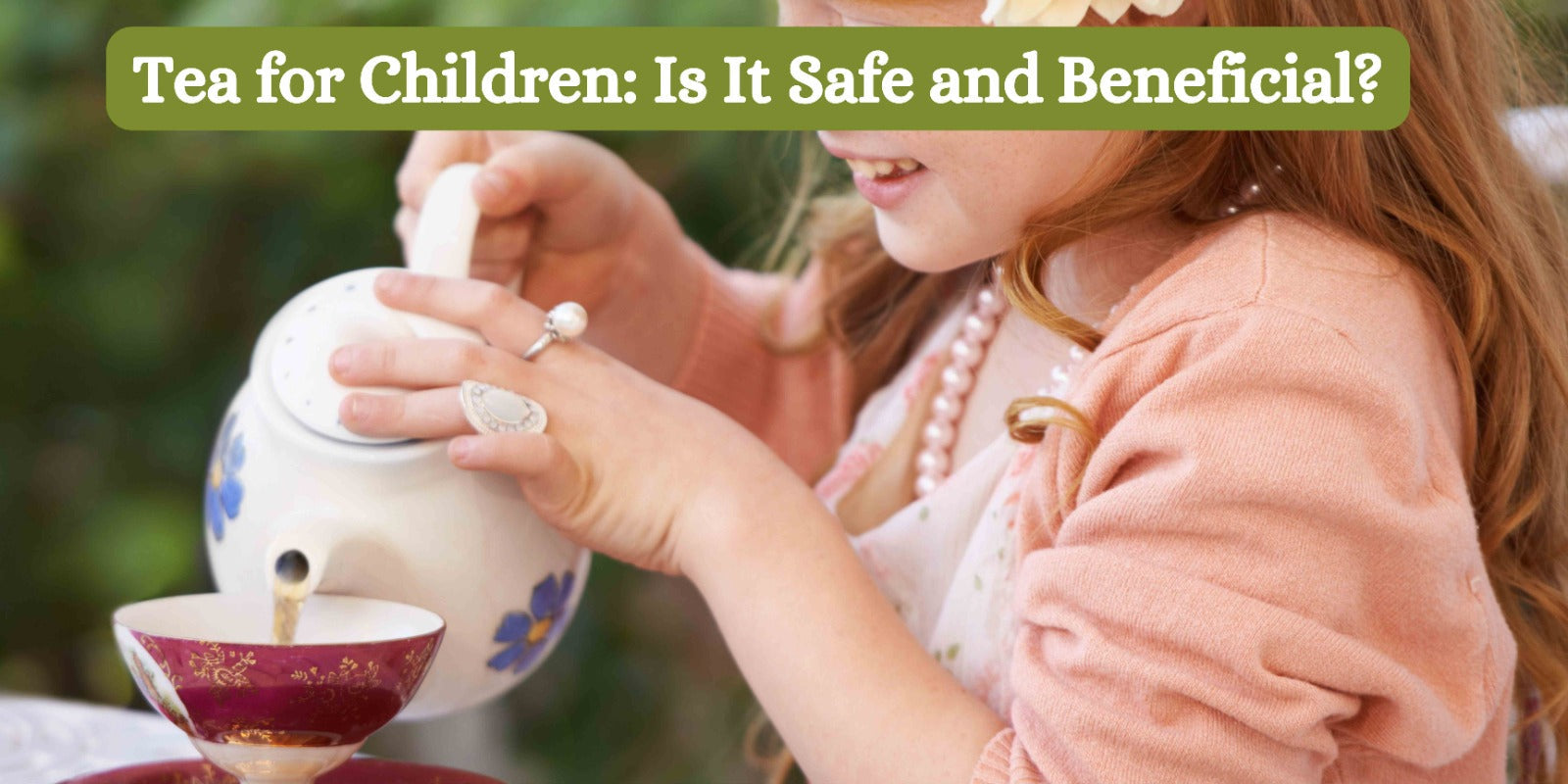If you're a tea lover, you may be surprised to learn that your leftover tea leaves and tea bags can do more than just make a refreshing drink. They can also be a natural and eco-friendly way to fertilize your garden! Tea is packed with nutrients that can enrich the soil, promote plant growth, and improve overall plant health. Instead of throwing away used tea leaves, why not give your garden a boost with this simple and sustainable method?
In this blog, we will explore how tea can be used as fertilizer, its benefits, and the best ways to apply it to your plants.
1. Why Use Tea as Fertilizer?
Tea, whether in loose-leaf form or from tea bags, contains essential nutrients that plants love. Some of these include:
-
Nitrogen – Promotes leafy growth and helps plants stay green.
-
Potassium – Strengthens plant stems and boosts disease resistance.
-
Phosphorus – Supports healthy root development.
-
Tannic Acid – Helps improve soil structure and nutrient absorption.
-
Organic Matter – Enhances soil health by improving moisture retention.
Using tea as a fertilizer is a great way to recycle waste while feeding your plants naturally. Plus, it’s chemical-free, making it safer for your garden and the environment.
2. How to Use Tea as Fertilizer
There are several ways to use tea for plant care. Here are some of the best methods:
a) Directly Adding Used Tea Leaves to Soil
After you brew your tea, don’t throw away the leaves! Instead, spread the used tea leaves around the base of your plants. The leaves will break down over time, releasing nutrients into the soil and improving its texture.
b) Making Tea Fertilizer (Liquid Tea Compost)
You can also make a nutrient-rich tea fertilizer by following these steps:
-
Soak used tea leaves or tea bags in a bucket of water (about 1 liter) for 24 hours.
-
After steeping, remove the leaves or tea bags.
-
Use the tea water to water your plants for an extra nutrient boost.
This method works especially well for houseplants and delicate plants that need gentle feeding.
c) Adding Tea Leaves to Compost
If you have a compost pile, tea leaves are a fantastic addition. They help speed up the decomposition process and add valuable nutrients to the final compost mix. Just make sure to remove any staples from tea bags before adding them to your compost bin.
d) Using Tea Bags as Mulch
If you use tea bags, don’t throw them away! You can place them directly into the soil or under mulch. They will slowly decompose, releasing nutrients and helping the soil retain moisture.
3. Best Plants for Tea Fertilizer
While most plants can benefit from tea fertilizer, some plants especially love it. Here are a few:
🌿 Acid-Loving Plants: Tea is slightly acidic, so plants that prefer acidic soil will thrive with tea-based fertilizer. These include:
-
Roses
-
Tomatoes
-
Blueberries
-
Azaleas
-
Ferns
🌿 Indoor Plants: Houseplants can benefit from tea fertilizer as it provides gentle nourishment without the risk of over-fertilizing. Some great choices are:
-
Pothos
-
Snake plants
-
Peace lilies
-
Spider plants
🌿 Vegetables & Herbs: Many vegetables and herbs respond well to tea fertilizer, including:
-
Lettuce
-
Spinach
-
Basil
-
Mint
4. Things to Keep in Mind
While tea fertilizer is a great natural alternative, here are a few things to remember:
✅ Use Organic Tea – Some tea bags contain synthetic materials and chemicals, which can harm plants. Try using organic tea for best results.
✅ Don’t Overuse – Too much tea can make the soil too acidic. Use tea fertilizer once or twice a week for the best balance.
✅ Avoid Flavored or Sugary Teas – Teas with artificial flavors, milk, or sugar can attract pests and harm plant health. Stick to plain green tea, black tea, or herbal teas.
✅ Check Your Plants – Not all plants love acidic soil. If you notice yellowing leaves or poor growth, reduce tea fertilizer usage.
5. The Benefits of Using Tea for Your Garden
Using tea as fertilizer not only helps your plants but also benefits the environment. Here’s why:
🌱 Reduces Waste – Instead of throwing away tea leaves, you recycle them into something useful.
🌱 Saves Money – No need for expensive fertilizers when you have a free, natural alternative!
🌱 Improves Soil Health – Tea leaves enrich the soil, promoting better water retention and microbial activity.
🌱 Encourages Sustainable Gardening – Using natural fertilizers like tea helps create a chemical-free, eco-friendly garden.
Conclusion
If you love tea and gardening, combining the two is a perfect way to nurture your plants while reducing waste. By using tea leaves and tea-infused water as fertilizer, you can create a natural, nutrient-rich soil that helps your garden thrive.
So next time you enjoy a cup of tea, think twice before throwing away those used tea leaves—your plants will thank you for it!




